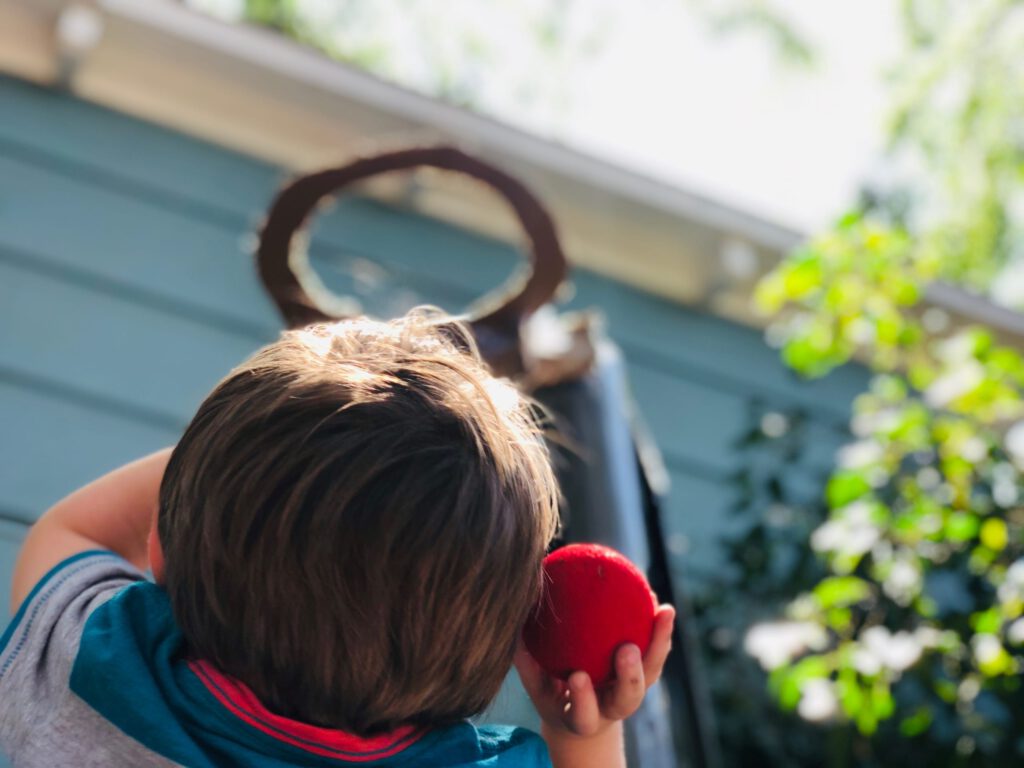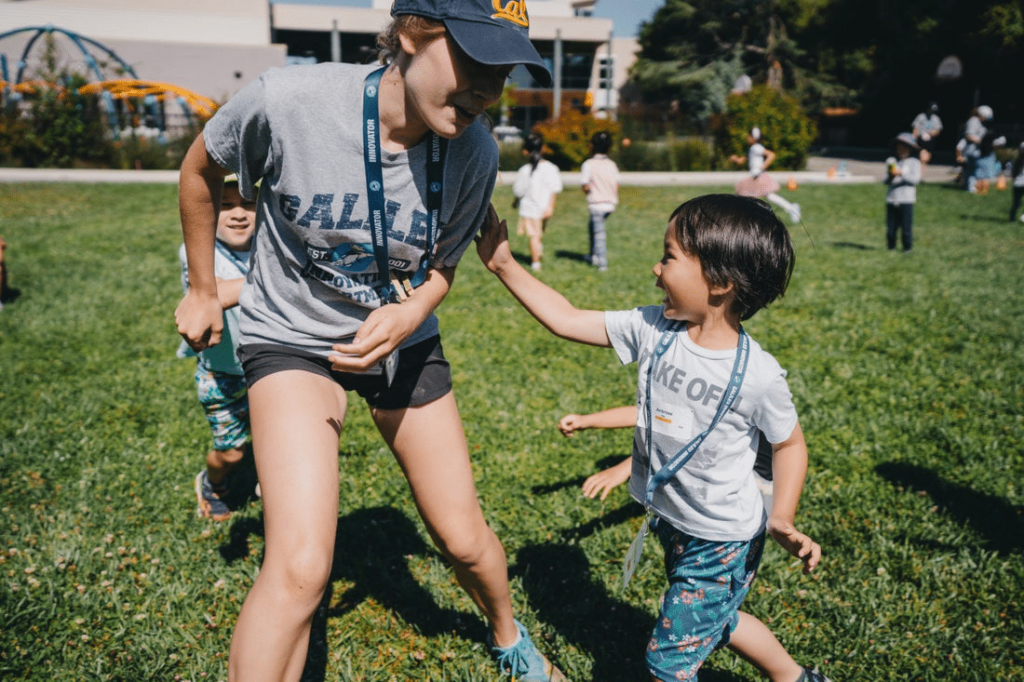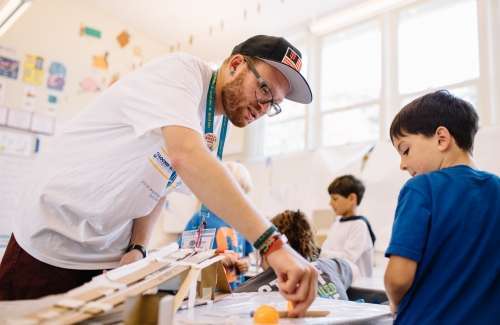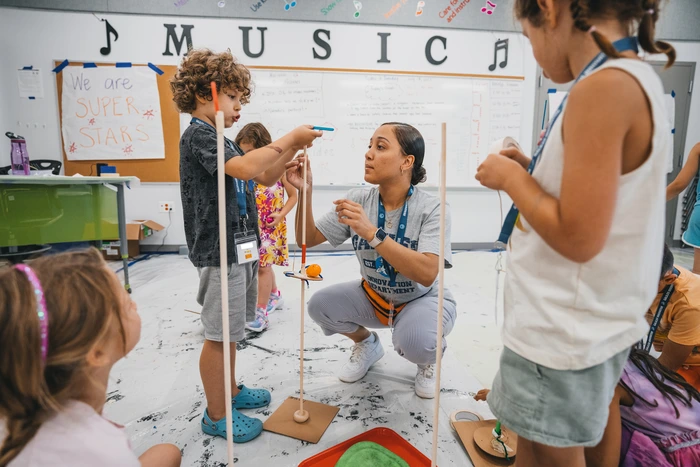It’s dark in the house, silent except for the sound of the white noise machine. As you lay in bed, your mind starts spinning into tomorrow. You catch yourself thinking, “I’d love to go for a walk in the middle of the day, but I already know what will happen. I’ll get distracted by the laundry, or someone at work will need something last-minute, or the toddler will erupt in a tantrum just as I’m on my way out the door. I might as well just accept that it’s not gonna happen instead of trying and failing again.”
But you know what? You get a do-over. Again and again and again. No matter how many times you lost your patience today, no matter how many leftover chocolate eggs you ate or how many times you skipped your run this week, you can start all over from nothing, right now. After all, knowing what you don’t want creates a clearer picture of what you do.
We’ve all heard about innovators who made huge contributions to the world, becoming who they are or were by failing forward. They didn’t get the results they wanted from early attempts, so they worked in a circle, iterating and improving each time. When we see someone killing it in their field or in life, we often think of that person as having an inherent, permanent, fixed set of traits. We assume they were born great at certain things, but the vast majority of the time, that’s just not true.
Iterating—attempting something multiple times—while remaining open to different outcomes for each attempt, no matter how slightly varied, enables us to unlock incremental improvement. In some ways, iterating is an act of faith: it requires the belief that we can change, and therefore achieve different outcomes when we come back to the same task.
The best news? Incremental improvement is available to each and every one of us. Here are five ways to iterate towards growth every day.
#1: Decide that what happened today is not evidence of what you’ll be capable of tomorrow.
As we wake up in the same environment, with the same people, and look at our same face in the mirror, we tend to approach our space, our families, our friends and ourselves in the same way that we did yesterday. We let our minds trick us into using the failures we’ve experienced and the ways we’ve acted in the past to define and limit what we’re capable of in the future. This stunts our ability to remember that today is a new opportunity and that the results we will get from our efforts can be an improvement on the ones we saw yesterday. How might you look at today as a blank slate?
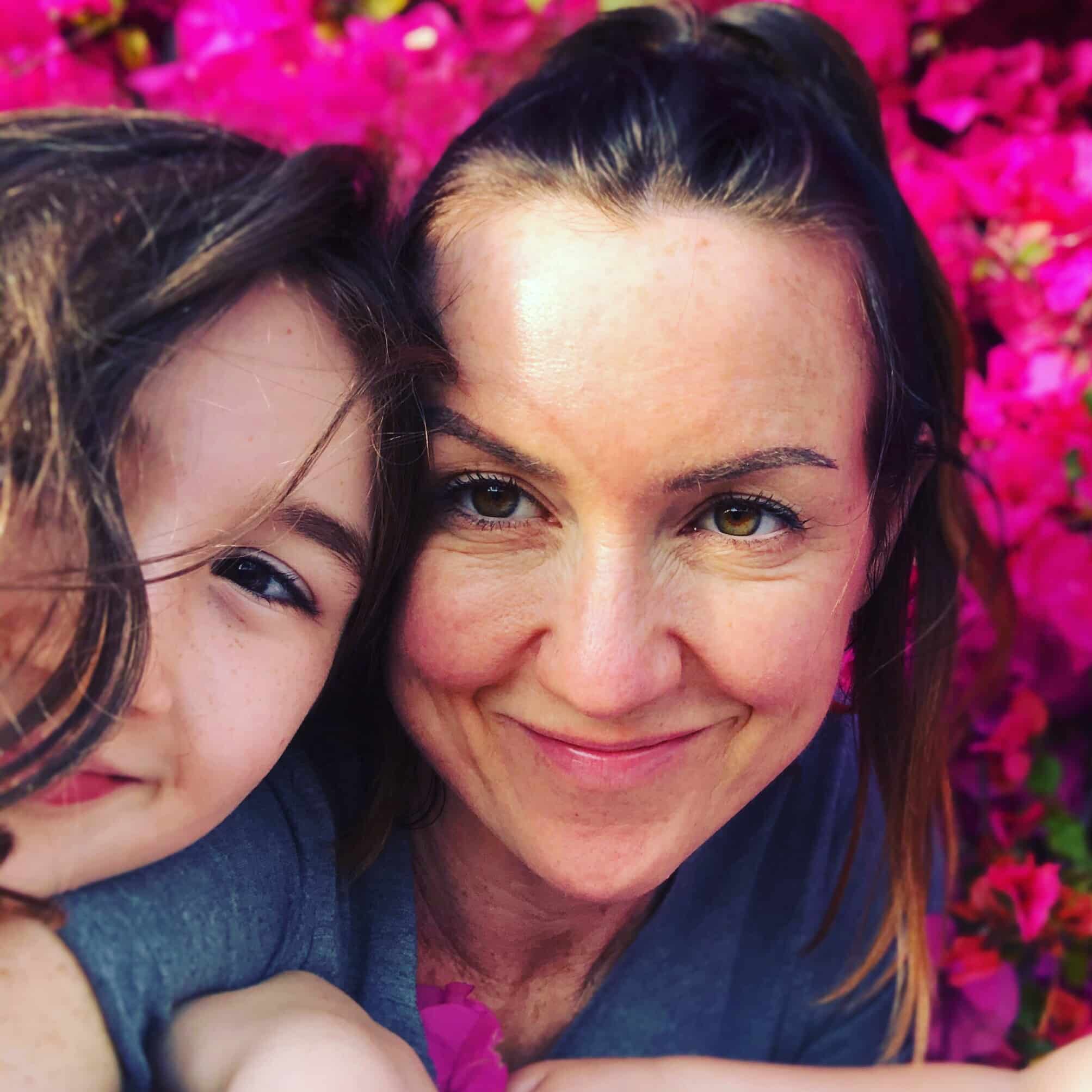
#2: Learn from your mistakes while allowing each day to be new.
One of the challenges to iteration is seeing the future’s infinite possibility while learning from mistakes of the past. The idea of a blank slate can be tough to wrap our minds around when our plans haven’t worked out so far. Holding both of these truths at once is often called having a growth mindset. Folks with growth mindsets believe that skills can be developed, and improvement comes with repetition. That means you can get better at everything from refinancing a house to making mac and cheese. You aren’t fixed, and neither is your family, your partner or your kids. Teaching your loved ones to be growth-oriented by setting that example gives them permission to think of themselves as a work in progress too. That mindset can be a lifelong gift.
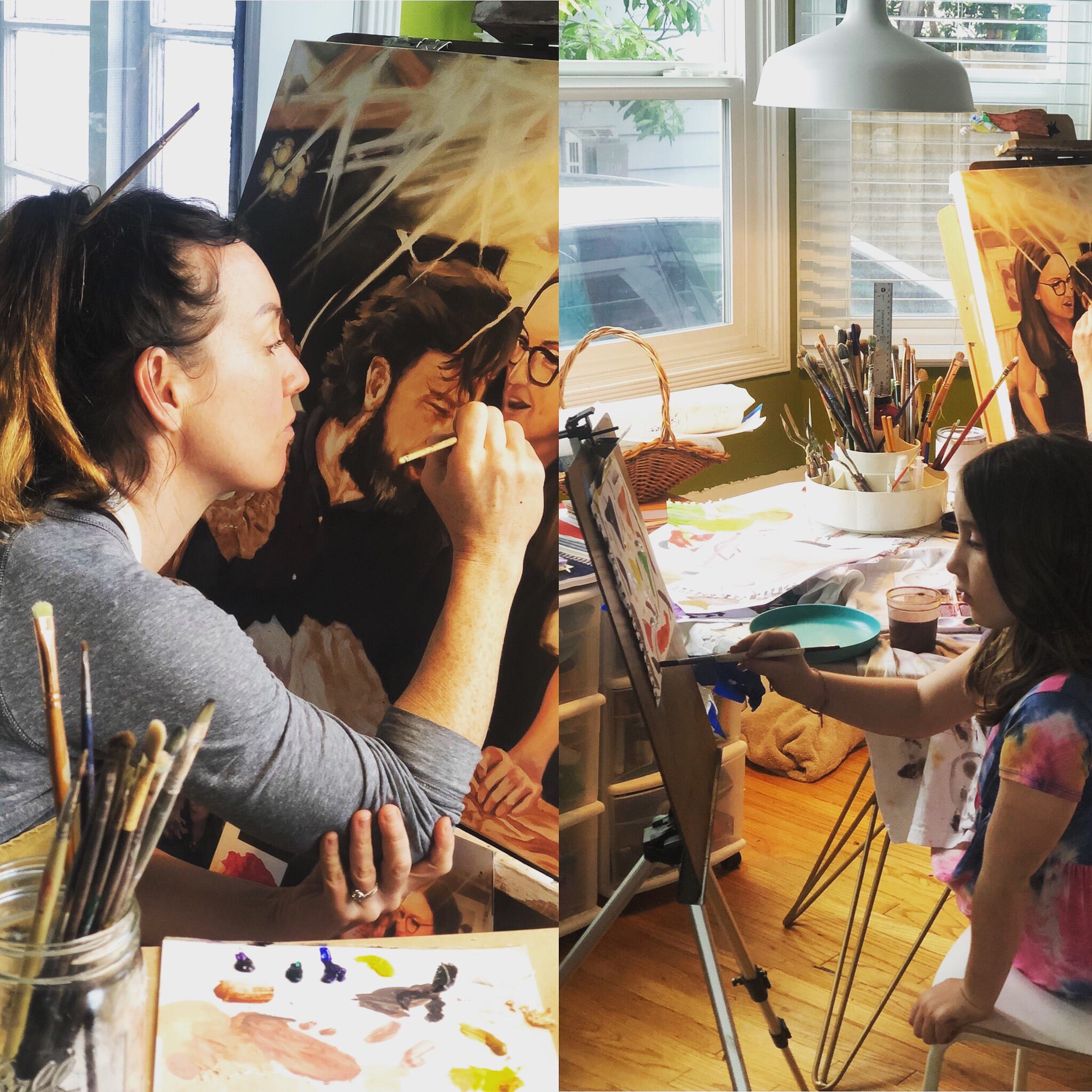
#3: Define yourself by your possibility.
As human beings, our brains are wired to focus on the negative. We create a story about what it means about us when we fail, and that’s often reinforced by social responses. What if we literally did the opposite by holding the possibility of the best version of ourselves in our minds, not the worst? Here are some steps you might take:
- Envision yourself doing and being you in a way that energizes you. Hold it in mind. For me that might be envisioning myself as strong, patient, decisive, loving, and playful.
- Reflect on what got in your way of being those things yesterday, and remember the successful moments too. Apply what created both, remembering that iteration is cyclical. We use the output from one try as the starting point for the next.
- Create opportunities to challenge your comfort zone, even if it means inviting the potential to fail. Wrap your arms around that squirmy feeling in the pit of your stomach. That means you’re pushing past the cozy comfort of your habits. That’s your sign that you’re headed in the right direction.
- Celebrate your failures, anchor the learnings, and apply them to the next round. You’ve got this.
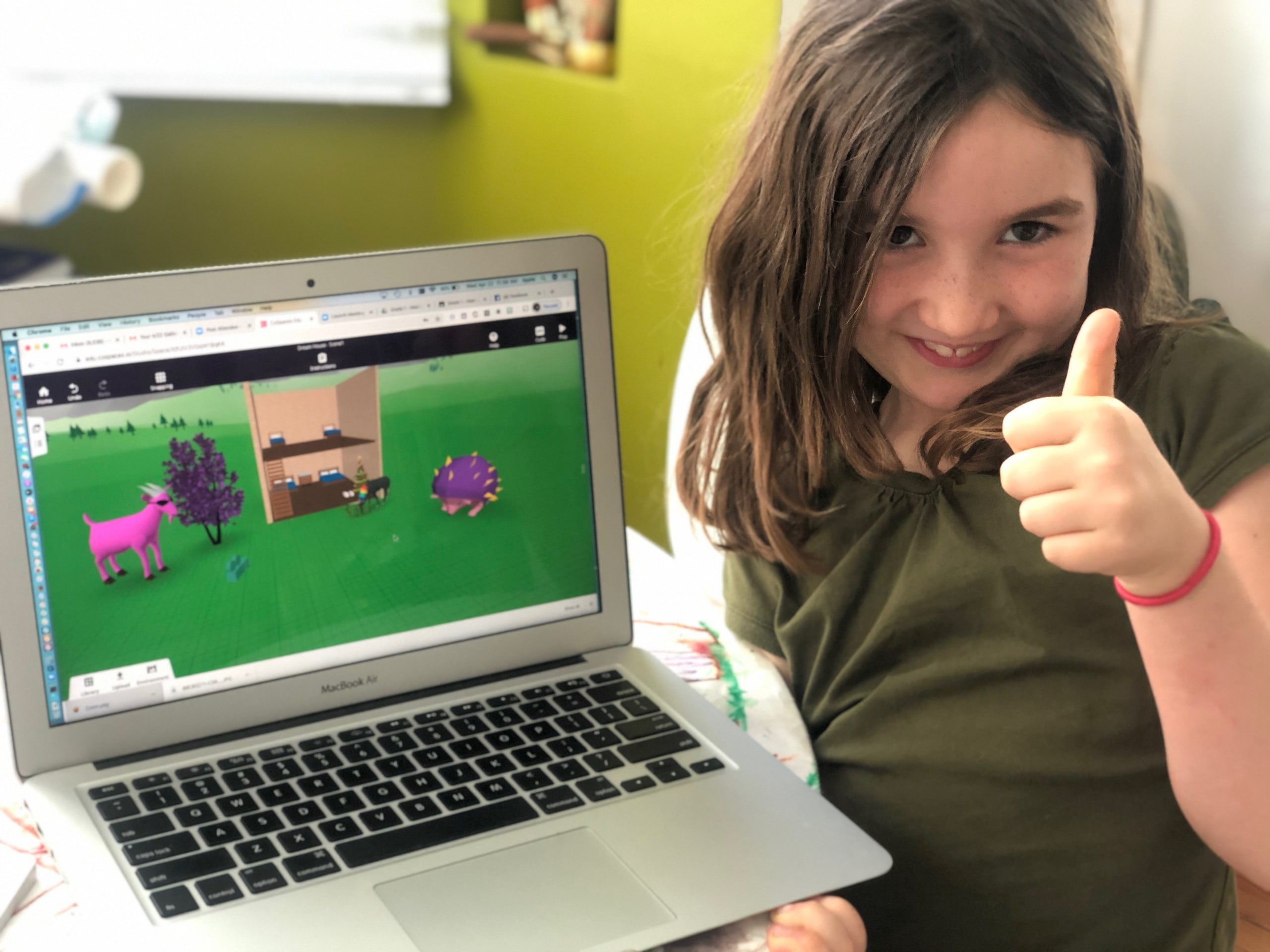
#4: Hold space for the unlimited versions of people.
Our brains want to label everything. When we wake up to our partners or hear our parent’s or sibling’s voices on the phone, our brain falls back on the boxes we’ve put ourselves and each other into. When there are socks on the floor again or the cap is left off of the milk bottle, our brains categorize: “I’m like this, you’re like this, we’re like this.” When we speak these labels in our heads, we act them out. When we speak them out loud, we can create a reality in someone else’s mind about their limitation rather than helping them live into their own possibility. What if you created an open space for your family members to live into, being open to the new possibilities in them too? Just as we have things that we want to do better ourselves, if we leave room for others in our lives to improve with iteration, they are more likely to evolve into the people they want to be.
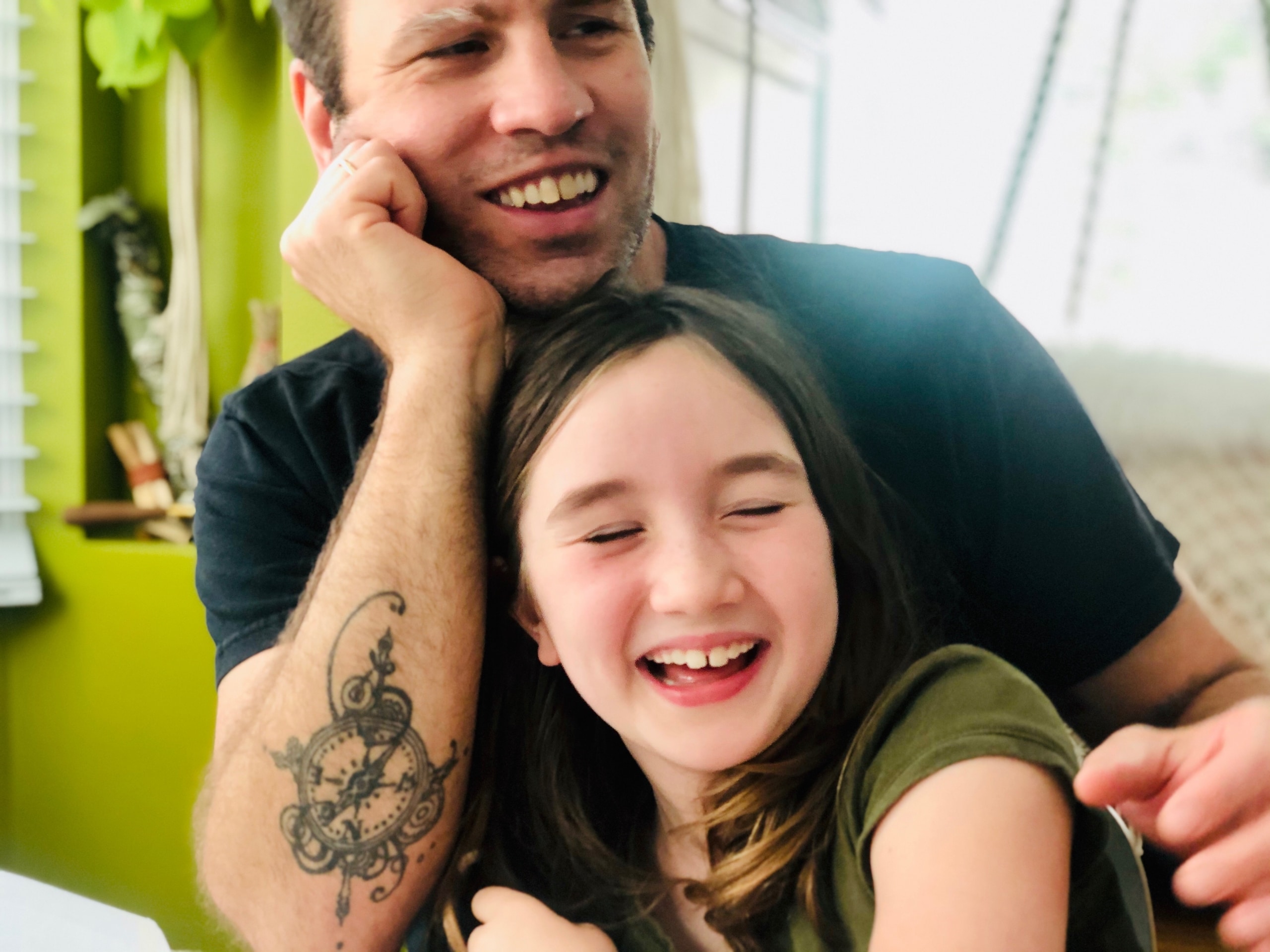
#5: Let “everybody makes mistakes” become a family mantra.
When I’m pulled in different directions during the day and feel like I’m not doing a good job of momming or leading or anything else, those are the threadbare moments I’m most likely to lose my patience with my kids or husband. When this happens, I do one of two things.
- Either I practice a growth mindset: If I notice what triggers me without getting down on myself, I am much more effective at changing my habits so that I don’t set up the same circumstances that created a grump in the future.
- Or, I don’t: If I focus on the ways that I failed myself and my family by losing my patience, I go down a rabbit hole of shame. I enhance the grump, and I lose the learning opportunity to improve.
My goal is to iterate. On my best days, I say something like, “Hey, that wasn’t my best moment—I messed that up! I really could have handled that better. Everyone makes mistakes and I sure just did. Mind if I try that again?” Kids will be much more likely to be open with us when they mess up—now and in the future—if trying things, seeing what works, and learning from what doesn’t is a part of how they grew up.
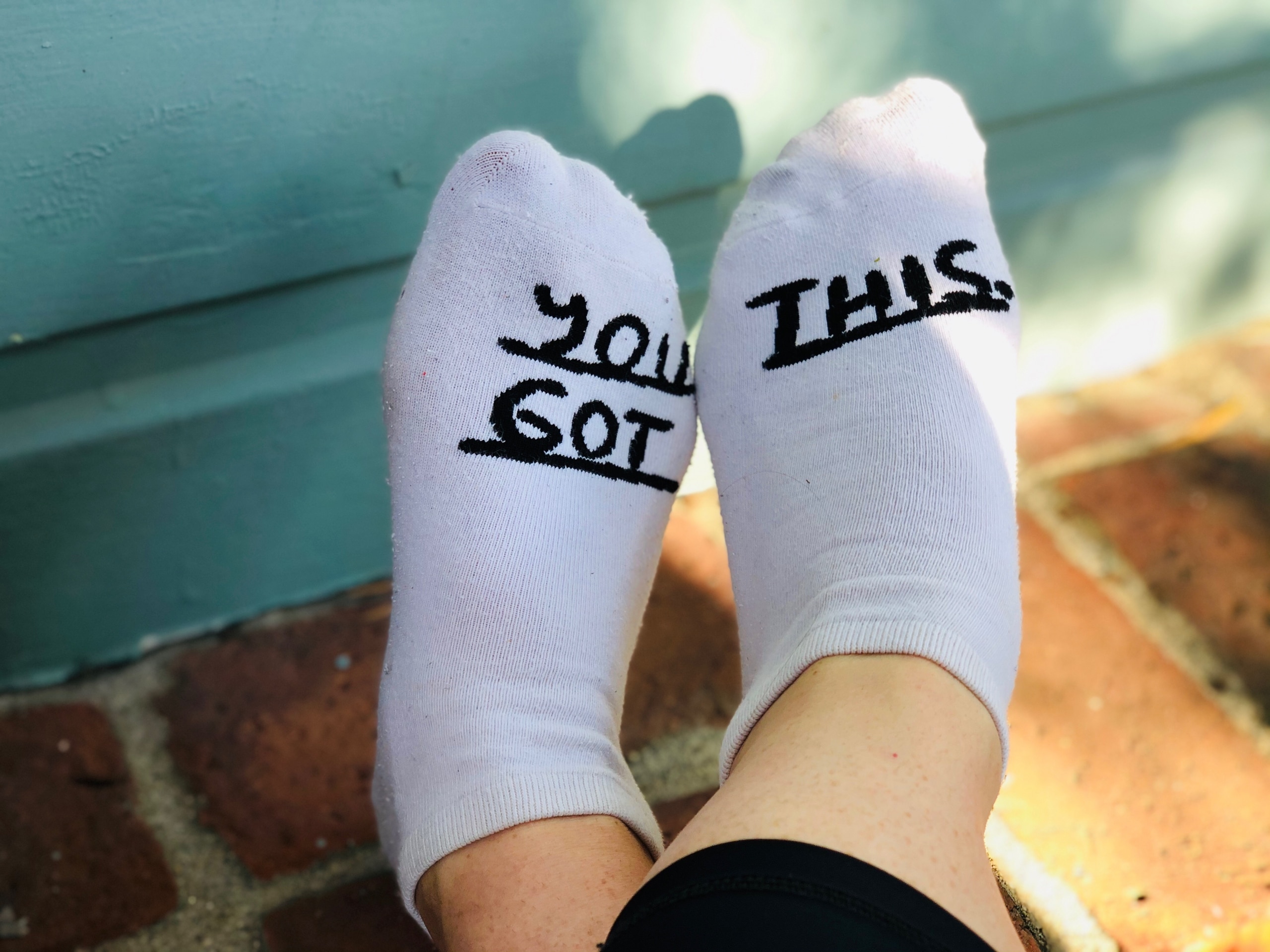
What if we upended our mindset around failure, and for one week tried the opposite? What if you approached each mess-up as a cause for celebration? What if that mistake wasn’t a condemnation, but an opportunity to learn and grow into the next iteration of awesome? Look at what you’re learning that you wouldn’t have if you hadn’t tried again. And when things don’t work out, if you forget to see a failure as an opportunity to learn, let it go. Because you get a do-over. You get to try again right now, and right now, and right now…
—
Marie McDonald is Galileo’s VP of Communications & Southern California Operations. When she’s not heading up camp operations, Marie loves to write, paint, and adventure with her fam.
